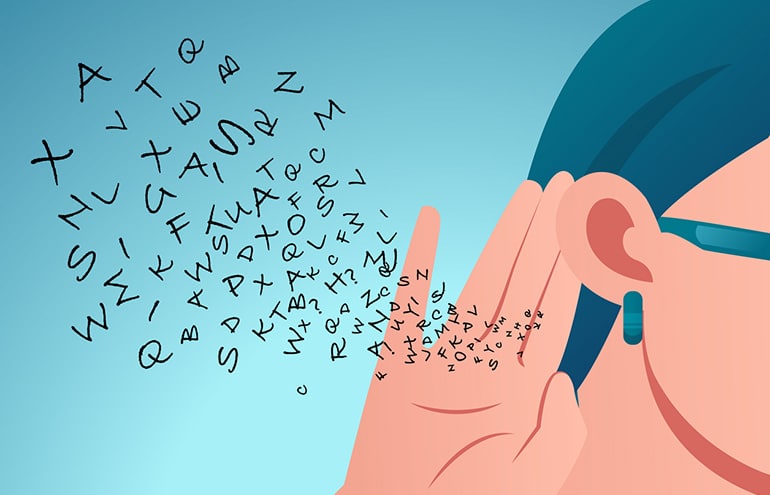Good lawyers rely on intuition all the time, whether planning case strategy or making business decisions. When your intuition sends you a signal, don’t ignore it.

Table of contents
Trust Your Gut Instinct
Intuition is the brain function that lets you jump from one piece of information to another. It’s why you may get your best ideas in the shower or even in a dream. (Opinions differ on whether such time is billable.) It’s why you have that gnawing feeling that something is not quite fitting together the way it should to make sense.
Intuition Is When You Know Something Without Conscious Reasoning
When you don’t know exactly why you suddenly have an idea, but you know it’s a pretty good one, that’s your intuition talking. In contrast, you make judgments after analyzing available information. Judgment and intuition work together to help you make decisions.
Intuition Is Informed Perception, Not Blind Speculation
Your life experience in and outside the practice of law is the foundation for your intuition. Oscar Wilde said, “I am not at all cynical. I have merely got experience, which, however, is very much the same thing.”
Lawyers rely on intuition all the time. Intuition tells you to decline a representation because you just know this “opportunity” will be more trouble than it’s worth. Intuition tells you whether someone will be a good witness. Intuition might tell you this interviewee is a good fit for your firm, and you’d better make that offer now. It’s intuition that prompts you to act like a detective to follow up on clues hiding in your research or discovery results.
Deep knowledge and subject matter expertise have trained your brain to instantly recognize when something clicks and when something’s off. It’s intuition that helps you identify the gaps.
Planning Makes a Difference
When your brain makes that jump or gives you that gnawing feeling, you might have to take immediate action. Ideally, though, you would have time to formalize a plan before you act. Sometimes the best way to plan is to make a list of the pros and cons of a particular action. Do you have enough information now, or do you need to do something else before you decide?
When facing multiple issues, such as in case management, create a table with the issue on the left and what you need to do to move ahead on the right. That might be some kind of investigation, a letter, a subpoena, limited new discovery, or scheduling a meeting or mediation.
The one thing that is unlikely to provide the missing piece of the puzzle is to keep doing the same rote thing you do in every case or situation of this nature. When your intuition sends you a signal, don’t ignore it.
Use Your Intuition Face to Face
Give your intuition free rein at meetings, mediations and in-person hearings.
Even in virtual settings, you can observe body language and speech mannerisms. You can pick up emotions and motivation. A skilled negotiator can use that.
You can also sense if your opponent is not fully prepared. Impressing your opposite number with your mastery of the case or information can get you the best result, whether that’s in mediation or a job interview.
Some lawyers are so busy thinking about what they want to say next that they don’t pay attention to the information coming to them in real time. This happens in depositions and meetings. Intuition lets you pick up signals; if you are not fully listening, your intuition will not be triggered. Don’t be afraid to take a break to let your intuition process information.
Intuition can tell you to change your tactics. Intuition can tell you to pursue a line of information that the parties had not previously picked apart. Intuition can help you earn your opponent’s collaboration in putting together a settlement.
Pay Attention to Your Gut
Your intuition can steer you to new inquiries, positive reactions, and feelings that make you frown and squirm. Listen to your gut to protect your clients and yourself.
Image © iStockPhoto.com.

Sign up for Attorney at Work’s daily practice tips newsletter here and subscribe to our podcast, Attorney at Work Today.
















